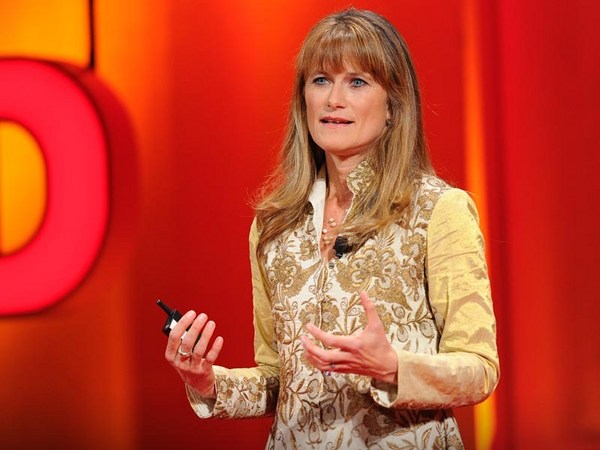It was the worst day of my professional life. I took the train from Princeton to Washington that morning with lead in my stomach, knowing that I had to face my employees. The organization I lead was in crisis, and although I was not guilty of what I was being charged with in the media, I had made some major mistakes. I had lost the confidence of many of my staff and some of my board. The details of that crisis don't matter. We've all had crises in our personal and professional lives. And watching the news today, many of us feel like our countries and the world itself is in deep crisis. What matters is how we respond to crisis. I want to take you with me on what turned out to be a learning journey, one that was hard at times, but ultimately deeply rewarding. I called my board member, David Bradley, then chair of Atlantic Media, and he said, “Run toward the criticism.” He said, “Imagine you’re having an argument with your spouse. It is clear to you that your spouse is 98 percent wrong, but maybe, just maybe, two percent right. Run toward that two percent.” So I did. I called board members, staff members, even my old boss, the former president of Princeton University. I asked them to be straight. I practiced what I’ve come to call radical honesty. As I absorbed what they told me, trying to look into the mirror and see not only what I wanted to see, but also what others saw, I began to change. I learned to reach out to others to check and improve my own thinking. I learned to think about leadership as a collective rather than an individual enterprise. I learned that resilience is a team sport. I’d learned to lead not only from the centre of a web of relationships, but also from the edge to pay continual attention to people on the margin. I learned to share power. I learned, finally, that if you have the strength and courage to face yourself and your past with radical honesty, you have what it takes to do, be or build something new. I came to understand this process as one of renewal. Renewal is neither restoration nor reinvention, neither reform nor revolution, but something in between. It is a journey that looks backward and forward at the same time, looking to the past with honesty and to the future with renewed strength, confidence and hope. What would this process look like for you or for your organization? Many of our organizations are being challenged by our younger staff to confess our failings and root out the racism and bias that are not just out there, but far too often in here. It can be a painful exploration, but it’s a necessary prelude to change. What would this process look like for our countries? Facing our past means broadening our history to include our whole history, the stories that are being told by so many scholars, journalists and novelists. If you’re American and you’re from the south, as I am, it may mean looking differently at your own family. If you’re from the north and live in a neighborhood walled-off for white people by redlining and restrictive covenants, it may mean examining your own or your family's complicity. And for all of us, it means to be willing to recognize the original inhabitants of the lands we live and work on. If you're from another country, your history undoubtedly has chapters of conquest and loss, domination and dispossession. Winston Churchill is supposed to have said, “History is written by victors,” but when it is written by everyone, then the descendants of those victors have to face the ugly side of those victories. While the descendants of the vanquished are finally seen and heard. There are so many stories. But if we can hear them and learn just to listen, sit and absorb, not try to justify or avoid, we will find avenues opening up toward a new future. A future in a country big enough to hold us all. We will begin thinking about what we can build together. What do you want to see happen in the next five years as a prelude to the next 25? Could we rebuild our entire infrastructure to keep the planet clean and green? Could we build an entire infrastructure of care that allows all of us not only to pursue our individual careers and dreams, but also to be there for those we love? Could we invest more in the education of our children than in the training of soldiers and the buying and selling of weapons? Could we create new political systems to forge a representative multiparty democracy that represents the interests of the people rather than the powerful? Can we look around and embrace the diversity of our countries as a source of prosperity and innovation? Stop now for just a moment, and imagine to take one example. That Chicago is the epicenter of this transformation. Beginning right now, the Chicago Historical Society would start preparing for America’s 250th anniversary in 2026 by providing funds for young journalists in every part of the city to start interviewing elders and combing through archives to uncover the full stories of the land and the neighborhoods that they live in. A people’s history, One that includes racism and bigotry, violence and corruption. But that also tells a story of a city rising from the prairie on the edge of a great lake, home to wave after wave of immigrants. Immigrants in the 19th century from every country in Europe, stretching east to Russia. Each group with their own neighborhoods and festivals. Immigrants in the 20th century from countries on every continent, each group with their own neighborhoods and festivals. Imagine Chicago embracing a new American motto and making it real. Instead of E Pluribus Unum, “out of many one,” Chicago learns how to be Pluris et unum, “many and one,” at the same time. Chicago itself, the quintessential city of the big shoulders, becomes the city of the wide arms, stretching out in welcome and embrace. That is one possible journey of renewal, a journey of running toward the criticism, looking backward to face the past and forward with as many others as we can gather to build a new future. A journey we all can take. Our destination is transformation. Thank you. (Applause)
Related talks
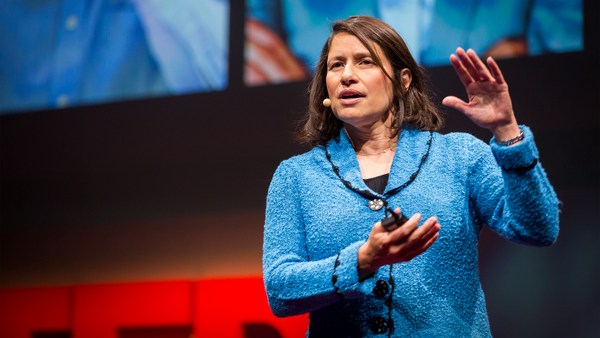
Roselinde Torres: What it takes to be a great leader
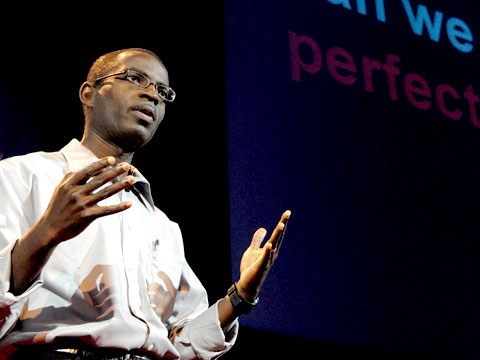
Patrick Awuah: How to educate leaders? Liberal arts

Benjamin Barber: Why mayors should rule the world
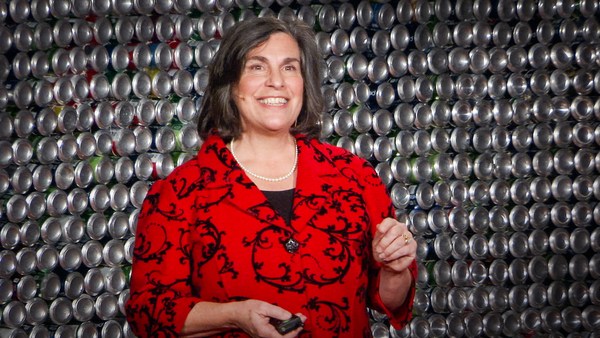
Susan Colantuono: The career advice you probably didn’t get
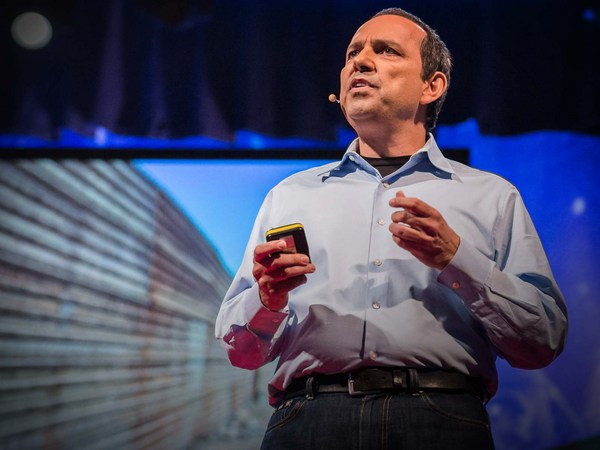
Teddy Cruz: How architectural innovations migrate across borders
